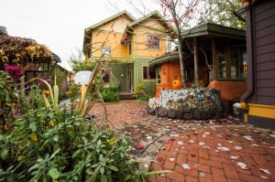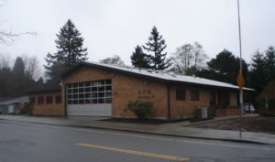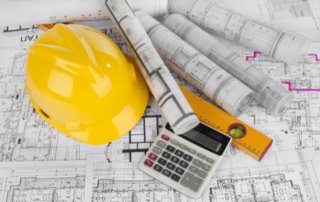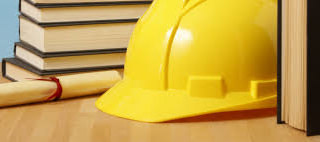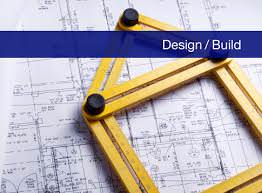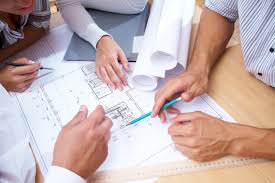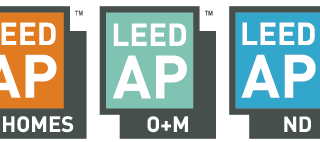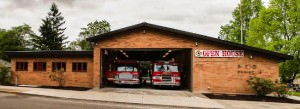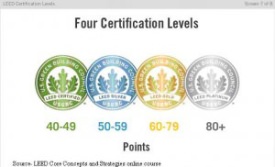Residential Green Buildings
An Overview of Green Residential Buildings Sustainable homes can offer benefits to everyone involved in creating and inhabiting such dwellings. Residents of green homes can breathe cleaner air indoors as well as save money on operating costs. In the building process, recycled and reused materials can be used whenever possible, which may help to save [...]

